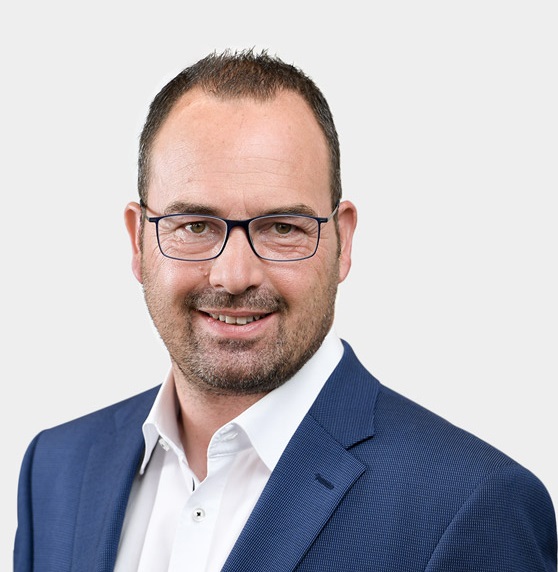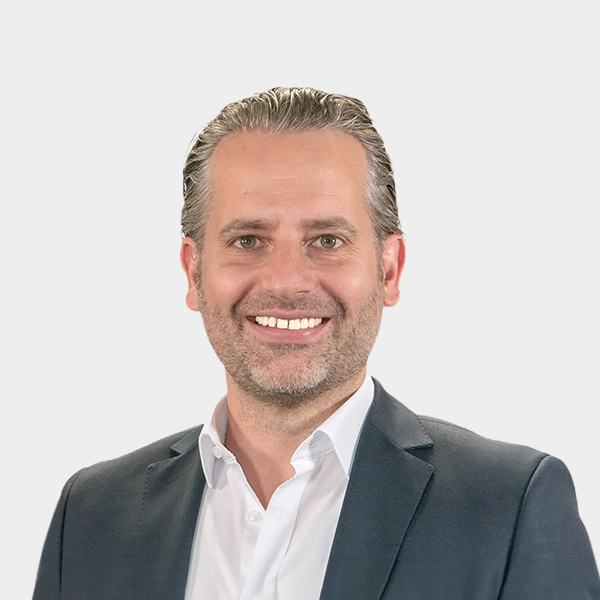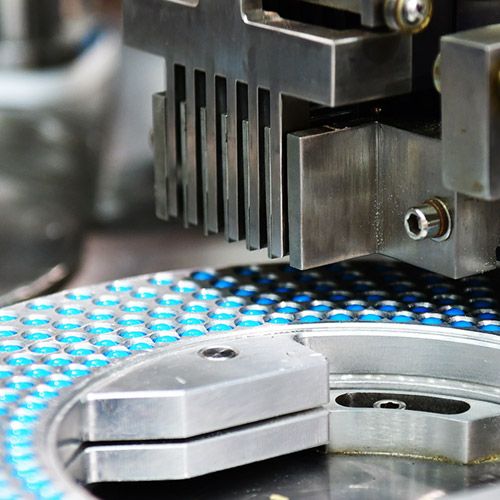IT architecture and platform consolidation
The main feature of a Smart Factory is a comprehensive and consistent networking of the machines and systems used, the machined workpieces and the entire processes in the value-added chain. This allows the advantages of Industry 4.0 to be realized in terms of efficiency, quality and individualization. In the process, immense amounts of data are generated that have to be collected, organized, distributed and analyzed - horizontally along the value-added chain from the supplier to the own company to the customer and vertically from ERP-based overall planning to shop floor processes down to the machine level.
This requires a consistent data strategy, which must be based on a sensible use of platforms at the technological level, which serve as a basis for the digitalization and integration of business processes. A particular complexity, however, is the lack of transparency in the market, which is characterized by a large number of platforms and platform providers that fulfill different purposes (for example, integration of data from different machines, provision of procedures and algorithms, prediction or marketing platforms). The selection of the company-specific optimal platforms or platform combinations and the IT and industry 4.0 architectures derived from them must therefore be made by answering key questions:
- Which cloud architecture is required?
- Are the MES functionalities sufficiently configurable?
- How are interfaces to the machinery set up and is additional middleware required?
- How deep is vertical and horizontal integration possible and can data be collected across plants?
At the same time, the right cloud platform must be used to avoid waste in data management and to tap into savings potential. On average, German companies use 436 different cloud-based applications as part of their value creation processes. This proliferation, which has developed over the years, almost always prevents effective use of operational data. This is because, due to the large number of heterogeneous systems and applications, the information is often available in distributed silos, is redundant and inconsistent or follows different business logics.
EFESO provides vendor-neutral and objective advice on the selection and design of an integrated IT/OT landscape and the relevant technology platforms from the support of strategic planning to the machine level. The focus is on the following topics:
- Development of the data strategy,
- Analysis of the existing IT/OT architecture and conception of integrated, platform-based IT landscapes,
- Consulting for technology selection,
- Implementation support and
- Program management,
- Supplier coordination and holistic quality assurance.
SAP RECOVERY: STOP THE PAIN – START THE GAIN
With EFESO's SAP RECOVERY approach, industrial companies realize a successful SAP transformation. We provide the right framework conditions in terms of innovation, business and change.





